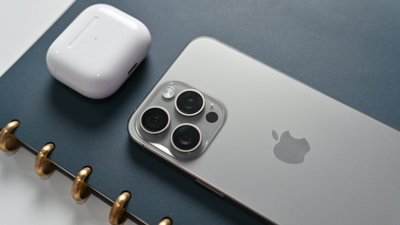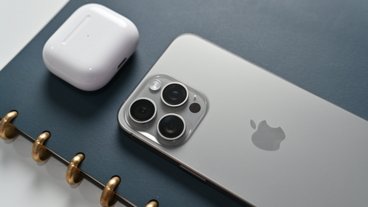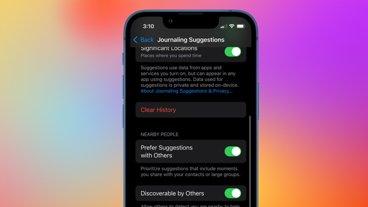AT&T: 40 percent of iPhones sold to enterprise users
Spears was speaking at the Barclays Capital Communications, Media and Technology conference, according to a report by Larry Dignan of ZDNet.
When asked about the iPhone's role in enterprise markets, Spears said, "Four out of 10 sales of the iPhone are made to enterprise users. When the iPhone came out, what most people heard in the first year from ‘07 to ‘08 was oh my God, it’s not BlackBerry secure. This is not going to work on the enterprise space.
"At the end of the day," Spears said, "it’s just software. That’s all it is. And by the time the 3G came out in ‘08 they had solved about 80% of the security issues. By the time the 3GS came out last summer, most CIOs will tell you today they have very few issues around the security that they need provided as they have come to know that RIM can do it because of the way RIM provides their solution.
"So enterprises today view the iPhone as a mobile computer. It happens to have a voice application on it. But what’s important is what you can do with it, and the way you can mobilize workforces, and specific parts of your workforce, not the entire workforce."
Spears also described how the iPhone has changed business within AT&T itself, saying "Most of our monthly reporting is all built into an app that gets updated when our systems get updated, and we do an automatic fetch. And any time I want to look at where we sort of sit from a financial point of view in ABS, it now resides on my iPhone as an app. So it starts to change the way you think about governing your business. It changes the speed with which you can make decisions."
Spears added that there are also a variety of situations where employees are being given iPhones, and increasingly iPads, in place of assigning them a laptop. “If they’ve got a field service force that needs one or two applications on a daily basis; do they need to go out and spend $1,000 or $1,200 for a laptop and then worry about sort of the lifecycle costs of keeping up with the laptop?†Spears rhetorically asked.
Apple vs other mobile platforms in the enterprise
Contrasting the visibility of Android in business, Spears said, "I haven’t seen the Android platform yet in the enterprise space. Not to say it won’t come, but pretty much that platform has been built with a very specific focus to consumers. Over time, my guess is there will be an evolution that’s kind of hard to ignore the enterprise space."
Google's focus on consumers is evident in macho marketing that accompanied the Verizon Droid, and the consumer-oriented pitch for Google's own Nexus One, which paired up with T-Mobile. Google's Android handsets also do not support the minimum security standards required by most businesses using Exchange Server, nor have any support for RIM-style push messaging popularized by the BlackBerry.
Apple has made its push to the Enterprise a major part of its strategy, introducing Exchange support, push messaging, corporate VPN and related security efforts back at the release of iPhone 2.0, which were all expanded and enhanced last year. iPhone OS 4 will seek to further expand Apple's placement in the market for mobile business devices, even as RIM pushes BlackBerry OS 6.0 toward consumers and Microsoft launches Windows Phone 7 in a decisive new direction that abandons its business-oriented Windows Mobile 6.x in favor of promoting a Zune-oriented XNA mobile gaming platform.
 Daniel Eran Dilger
Daniel Eran Dilger



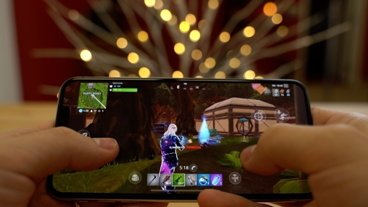





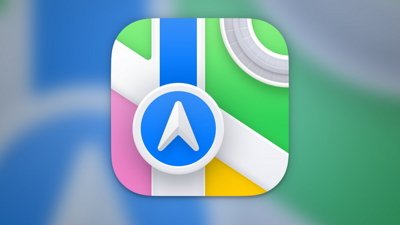
 Chip Loder
Chip Loder
 Andrew Orr
Andrew Orr
 Christine McKee
Christine McKee
 Marko Zivkovic
Marko Zivkovic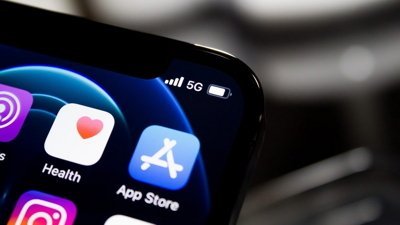

 Mike Wuerthele
Mike Wuerthele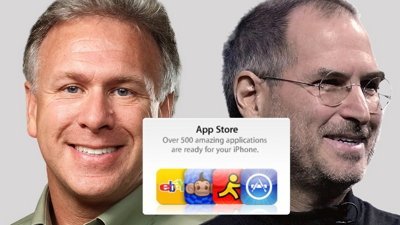
 William Gallagher
William Gallagher